The agricultural magazine "top agrar" has conducted an interview with our founder Tobias Sudhoff and the managing director of EthicLine GmbH Phillip Esser. It's not just about Happy Foie, but also about the intention to improve the food industry.
Why do we need a replacement for foie gras in the first place?
Sudhoff: "I was a chef in a Michelin-starred restaurant, and there you are virtually forced to offer foie gras. It's not surprising, either, because the possibilities for combining foie gras are endless. The taste is special. Only the ethical stigma is unbearable for me."
Because despite the ban on production, around 100 to 120 tons of foie gras are sold in Germany every year. Tobias Sudhoff has created an alternative process that could ideally replace all foie gras production.
According to Esser, "Classic foie gras has the special taste and popular melting texture due to its high fat content. We have developed a process in which we can subsequently enrich the natural livers of ducks and geese with the fats needed for flavor and melting. We process only natural livers from poultry that has been kept free-range and under natural conditions. Just for comparison, these livers weigh around 100 grams - a foie gras, on the other hand, can easily weigh more than 1200 grams."
Contrary to the strong headwinds, feedback from the restaurant industry has been very positive. More and more Michelin-starred restaurants are replacing foie gras with Happy Foie.
EthicLine's mission is not only to replace conventional foie gras with Happy Foie, but also to improve the food industry in the future through other sustainable products and innovations.
Sudhoff: "That's why we don't want to convince with raised forefinger and legal texts, but with taste. Transformation through taste!
The next product is a vegetarian and a vegan version of a jus. The goal of this is that vegetarians* and vegans* can also get the umami taste experience."
From an ecological point of view, there is also agreement on the abolition of factory farming and the need for more intensive organic farming. Therefore, the EthicLine also attaches great importance to the fact that the goose and duck livers are obtained from organic farmers with high quality standards.
Here is the link to read more.
Picture: J. Hufelschulte /topagrar
Why do we need a replacement for foie gras in the first place?
Sudhoff: "I was a chef in a Michelin-starred restaurant, and there you are virtually forced to offer foie gras. It's not surprising, either, because the possibilities for combining foie gras are endless. The taste is special. Only the ethical stigma is unbearable for me."
Because despite the ban on production, around 100 to 120 tons of foie gras are sold in Germany every year. Tobias Sudhoff has created an alternative process that could ideally replace all foie gras production.
According to Esser, "Classic foie gras has the special taste and popular melting texture due to its high fat content. We have developed a process in which we can subsequently enrich the natural livers of ducks and geese with the fats needed for flavor and melting. We process only natural livers from poultry that has been kept free-range and under natural conditions. Just for comparison, these livers weigh around 100 grams - a foie gras, on the other hand, can easily weigh more than 1200 grams."
Contrary to the strong headwinds, feedback from the restaurant industry has been very positive. More and more Michelin-starred restaurants are replacing foie gras with Happy Foie.
EthicLine's mission is not only to replace conventional foie gras with Happy Foie, but also to improve the food industry in the future through other sustainable products and innovations.
Sudhoff: "That's why we don't want to convince with raised forefinger and legal texts, but with taste. Transformation through taste!
The next product is a vegetarian and a vegan version of a jus. The goal of this is that vegetarians* and vegans* can also get the umami taste experience."
From an ecological point of view, there is also agreement on the abolition of factory farming and the need for more intensive organic farming. Therefore, the EthicLine also attaches great importance to the fact that the goose and duck livers are obtained from organic farmers with high quality standards.
Here is the link to read more.
Picture: J. Hufelschulte /topagrar












